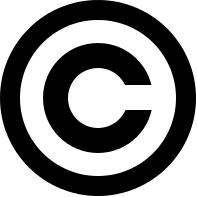Our Guest Bloggers for November
There is frost on the pumpkin, so it must be time to welcome our guest bloggers for the month of November.
Our Alumni Blogger of the Month is Stacy Alexejun. Stacy is a litigation attorney in the Madison office of Quarles & Brady LLP. She focuses her practice on product liability defense and intellectual property litigation, with an emphasis in trademark, trade secret, copyright, and unfair competition matters. Before joining Quarles, Stacy clerked for three terms for Justice Annette Kingsland Ziegler of the Wisconsin Supreme Court. She is a 2009 graduate of Marquette University Law School and has a B.A. in English from the University of Wisconsin. She and her husband Brad have a 20-month-old daughter, Lucille.
Our Student Blogger of the Month is Samantha Feak. Samantha is originally from Sagola, Michigan. She attended the University of Wisconsin-Milwaukee and graduated with a degree in international politics and U.S. foreign relations. She served as a Summer Law Fellow at the Milwaukee Justice Center and has been active in both the American Association for Justice and the Wisconsin Association for Justice.
Welcome and we look forward to your posts!

